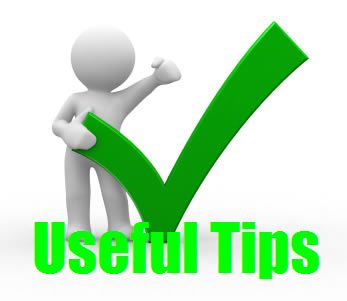I am often asked by business owners “when should I start preparing to sell my business”. The startling answer is from the first moment you own it. The day you open the doors on your business is the day you should begin planning your exit strategy.
Here are eleven tips for selling your business.
- Profitability – It may seem redundant but the first thing buyers are looking for is a profitable business. Since businesses are priced based on multiples of earnings (EBITDA or Adjusted Net), the more profitable the business the more attractive it is to a buyer.
- Good Books – The rule is if you are not showing it to Uncle Sam, the buyer won’t pay you for it. Keep good books, records and manuals. Not only will you get more money for your business but it will make the process go more smoothly.
- Employees – A well trained and stable staff will encourage them to believe that the business can continue without you.
- System – Have a system in place. The most attractive business is the one that runs efficiently in the owner’s absence. Don’t make the mistake of having the business too dependent on you. Ideally you should be able to remove yourself from the business and insert the new owner with little or no disruption.
- Branding – It can be a mistake to identify the business too closely with your personality. Big Tom’s Pizza might sound catchy but how will it affect the business when big Tom is no longer around. A more generic name will make it easier to sell. How about The Good Pizza Company.
- Don’t be greedy – If you ask too much for your business you run the risk of frightening away buyers. A professional Business Broker will help you price the business correctly. And be prepared to hold a partial loan for the seller. This increases your pool of buyers, can increase the overall price you receive and has many additional advantages you should discuss with your accountant.
- Hire an experienced Business Broker – A professional business broker will help you price your business correctly and properly market it to obtain the greatest number of qualified buyers. Most importanly a Business Broker knows how to protect your confidentiality. It can be a disaster if employees, customers, vendors and competitors find out your business if for sale.
- Find the right advisors – If you plan on using an attorney, CPA or financial advisor to assist you with the selling process, it is critical that they have experience in small business transactions. Many deals have been killed by inexperienced advisors offering bad advice. So interview your advisors to determine if they are properly equipped to help you. Your business broker can also provide recommendations in this regard.
- Be honest – When you get a good buyer tell the truth. If you are upfront about the negatives they may not mean as much to them as you imagine. Furthermore your honesty will build the trust which is critical to a successful transaction.
- Help – Don’t disappear with check. You should offer a transition period to train and assist the seller. Even after this period make yourself available if needed for the occasional phone call.
- Let go – This is the other side of the coin. Don’t disappear but don’t overstay your welcome either. You sold the business now let it go. It’s time to sail off into the sunset.
Anthony John Rigney PA
Anthony is a Board Certified Intermediary and licensed Real Estate Broker Associate in the State of Florida. He is currently active as a Business Broker operating out of the City of Jacksonville.

